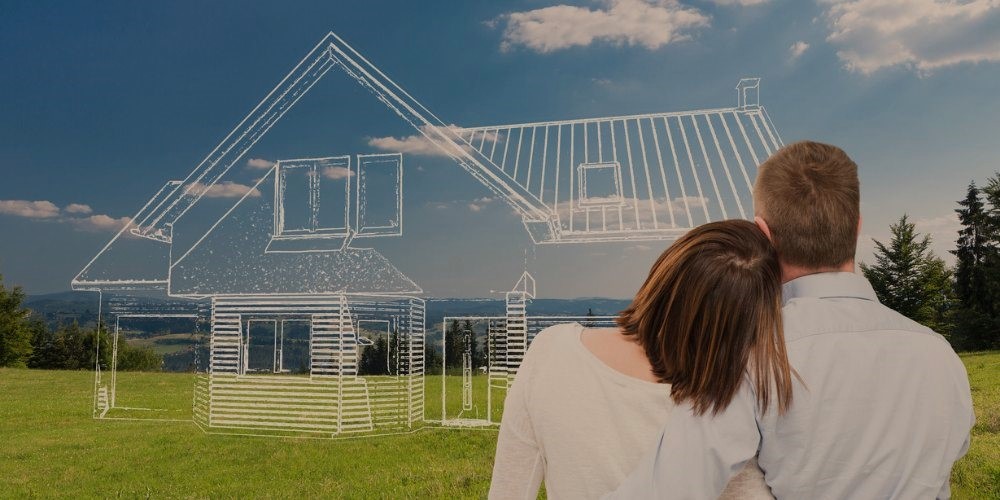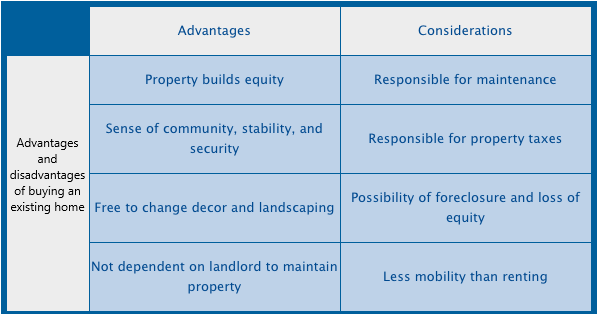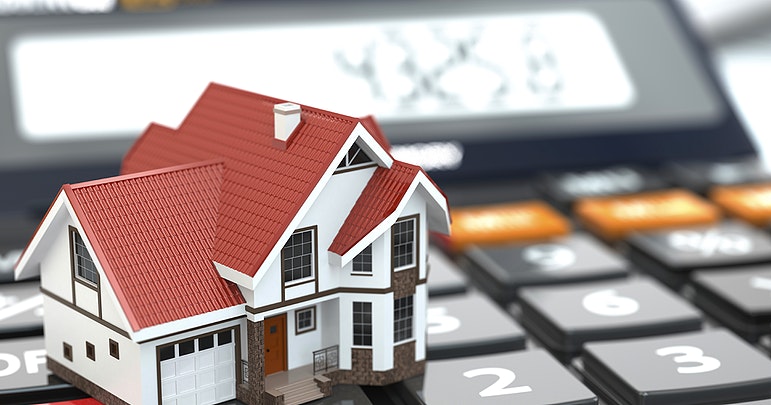One of the most significant and influential possessions you will ever have is your home. You’ll be residing there for many years, which can be crucial for the family and the growth of your kids. The housing market is large, and there are several things to explore still, even if you have an existing home.
However, the question of whether it’s better to buy a house or build a home in 2024 has always generated a lot of discussion. Each has benefits and drawbacks, as is only natural. The true question is which option is more economical and easier to execute.

This article will examine the benefits and drawbacks of buying versus building your home. We’ll discuss the unanticipated expenses, housing costs, labor costs, construction materials, time restrictions, construction costs, and other roadblocks.
Buy it or build it ? Which is less expensive?
As home prices rise they are looking for alternative options such as buying and restoring an already-established property rather than purchasing one. What’s better than buying or building a house? Comparative to typical construction prices, the average house build is typically cheaper. The fact that these variables can vary greatly depends on the circumstances. How do I decide on building my dream home? Tell us the important information. The next part is the article:
An excellent way to guarantee that your new house is all you dreamed of is to build a house if you already have a clear notion of everything you want from it. The decision on cheaper depends on the real estate market and what you intend to build.
The average price to build a house in 2019 was $114 per square foot, according to the National Association of House Builders, NAHB. That initially appears relatively straightforward, but many other tasks must be done in addition to the hidden costs of producing something independently. On the other side, building a house also has significant benefits.
On the other hand, buying a house saves you the stress of buying land at upfront costs. Also, you can have a clear valuation of the home you intend to buy and decide if it provides you with a high value for money. However, buying a house can be more expensive when you have to enter bidding wars with other home buyers.
Buy it or build it : Factors that may influence your decision to buy or build a home

Land and landscape
You can more easily get a blueprint that suits you properly if you know the size and shape of the land you’re building on. The site should be big enough to accommodate expansion in the future, and it should have an even shape without any abrupt edges.
Furthermore, both the land topography and landscape should be properly observed. Is there a slope at the location? If so, you should figure out what kind of slope it has and plan the building accordingly so it won’t harm the subsequent construction. This factor can also influence the construction costs involved for home builders.
Square footage
Any number in the build space is based on the square footage. It is the foundation for your budget when designing or constructing a space. A piece of land’s worth is determined by its square footage before and after construction. Therefore this factor is a crucial point in the home-building industry.
Maintenance
As older materials are used to construct older homes, it makes sense that the aged construction of these residences would necessitate regular repair. An existing home requires several repairs, many of which are expensive, to complete. These projects range from broken plumbing to sloping floors.
However, considering that newly constructed homes are built to last, maintaining them every month is frequently less expensive for homeowners. New homeowners will find it simpler to obtain a house warranty due to the reduced maintenance requirements compared to new home construction costs.
Foundation
Laying down a solid foundation for the structure is the first thing to consider, either for buying an existing home or building from scratch. The foundation is an essential component that will decide the building’s strength and durability.
Contrary to popular opinion, the ground is unstable and unstable, making it impossible to build a house on bare earth. A solid foundation, however, may keep a structure stable despite the abuse it receives.
Major home systems
Electrical systems, heating, air conditioning, and plumbing are major systems that keep your home operational, and it is a major point to consider, especially for home buyers. While you might not give your primary home systems much thought until there is a problem, they all function to make your house secure and comfortable.
Advantages and disadvantages of buying an existing home

The alternative to building a home is to purchase one. With fewer hidden fees and considerations, this is frequently a simpler option. But that doesn’t necessarily mean it’s less expensive.
Advantages of Buying an existing home
Ready to move into
A house can be bought far more quickly than one can be built. While you will have to go through the purchase procedure, it may be finished in a matter of weeks instead of at least several months for new home construction.
Additionally, buying a property is not as fraught with unforeseen expenses. For example, the landscaping will probably already be finished. Also, you won’t need to stress about paying for plans or licenses, which can run into hundreds of dollars. You can also have your local real estate agent take care of your basic needs.
Less costly overall
Since new homes are usually priced at a premium, existing residences are priced cheaply. This implies that the purchase price includes the developer’s profit margin and marketing expenses.
A reduced purchase price also translates to a cheaper monthly payment, which can ease mortgage stress.
Less stressful than building
Obtaining a home loan, paying the down payment, organizing all the paperwork, and having the property transferred into your name so you can move in can all be completed within three months, making buying a house rather quickly and less stressful.
More mature landscaping and neighborhood
The majority of current properties are located in well-established neighborhoods. While new construction is often constructed on more remote sites, there may be more adjacent amenities, such as shops or restaurants.
Additionally, according to current building trends, older properties typically have greater average land areas, total building areas, and room sizes per square foot than newly constructed homes or residential buildings.
Existing homes Are more available in urban centers
Existing homes typically are found nearer to the city’s center, where lifestyle conveniences like public transportation, educational institutions, and job prospects are easier to get to. In addition, existing homes frequently have nicer-sized yards than new construction because they are situated on larger land than new homes.
Disadvantages of Buying an Existing Home
Competition for An existing home can be fierce
It’s become more challenging for prospective buyers to buy a house due to the competitive housing market. This is just a matter of supply and demand since more people are looking to buy existing homes than building currently on the real estate market. The bidding wars and supply chain issues are also major factors that influence the cost of an existing home.
You might have to compromise on your preferred home style
Finding a finished building that matches your standards may be difficult if you have particular tastes. Whether you build or buy a house depends on how much control you want over the building’s design. Building your own house is perhaps the best choice when a great level of control is sought. However, buying a house gives you a variety of possibilities to choose from where little control is required.
An Old Existing House has a higher likelihood of maintenance issues
Homes require routine maintenance to avoid maintenance issues, and older homes require more maintenance than new ones. The likelihood that a home may need repairs soon increases with age. Depending on what they are, those repairs can be very pricey.
You’ve hopefully taken all the necessary precautions to prevent any major headaches. However, you can’t always foresee when anything may go wrong.
Could be less energy efficient
The likelihood of older homes being less energy efficient increases, which may result in greater energy expenses. There are numerous things you can do to lessen the carbon footprint of your older home. However, you won’t be able to attain the same level of energy efficiency that you could with a new, sustainable home.
Could include hazardous building materials that are currently outlawed
Living in an old home might occasionally be unhealthy. Some older houses have dangerous building components like asbestos and lead paint that can harm your health.
Older homes frequently experience structural concerns with the foundation. The electrical system could be out-of-date, illegal, or have outlets that are not grounded.
Advantages and disadvantages of building a home in 2023
Participating and contributing to building your own house often comes with a sense of fulfillment and excitement. However, the convenience of purchasing an existing house is superior to building a house. Not only do you need to find the site, which might not be in an established neighborhood, but you also need to account for the time it will take to find a builder or an architect and select each component of the new building.
Advantages
You can customize your dream home
Getting exactly what you want, customized to your taste, is the most obvious advantage of building a house yourself. Building a house will give you the control you want if you have a perfect picture of what different areas should look like. When creating the house, you can decide what features to include to suit your tastes.
Apart from getting your desired home, you won’t be required to pay for design choices that somebody else selected that you don’t like.
You can buy the land you want
You have to purchase a piece of land before you can start building. The freedom to choose your location is one of the most admirable aspects of building your own home. Building your own home will be enticing if you are fortunate enough to possess already a piece of land you adore. However, make sure to consider your preferences thoroughly. Are you searching for green fields, a sense of community, or a busy city vibe? Nearly anywhere can be used for construction projects, but what matters most is that your build is suitable for you.
Less ongoing upkeep
Reduced maintenance costs may be an advantage of a modern home. You want to enjoy your new house once you’ve settled in. You don’t want to spend your weekends repainting weatherboards, patching leaky faucets, or mending damaged gates.
No repairs or upkeep can be done when you build a house because everything is new. A warranty covers your newly constructed home if something should go wrong. A builder’s warranty on important systems is typically included with new homes. The same guarantees apply to new appliances.
You can ensure improved energy efficiency and non-hazardous materials
It’s a great opportunity to implement an energy-efficient strategy when designing and building your own home from the ground up. One of the main goals for the future of your building may be to implement as many green and energy-efficient solutions as possible. A high-performing-efficient home where the performance of each area is maximized can be achieved.
These solutions can also aid in lowering the total amount of energy used by your home, right down to the appliances, heating, and cooling systems you choose.
Disadvantages
Limited flexibility when negotiating prices
Although building your own house can help you save money, there won’t be as much room for price negotiation. There isn’t much space for negotiation beyond asking the designer and builder for less expensive choices to your floor plan and building materials. Do your study and work with experts who can get you the finest deal on your new construction.
You might need to secure two loans – one for land and one for construction
You might need to apply for a construction loan to build a house if your funds are insufficient. A construction loan entails greater risk than a mortgage loan to purchase a completed house. You could end up paying hefty interest rates as a result. It’s up to you whether or not to rent out the finished property to pay back the debt. Lenders can work out a lengthy payback schedule.
More Landscaping and Plot Costs Upfront
Most frequently, a new site or neighborhood lacks established landscaping. It is frequently required to cut down mature trees to clear the building site. To maintain as much of the existing, mature landscaping as possible, you can work with your builder to strategically site your custom home on your lot.
If you’re building in a new neighborhood, you will encounter construction sounds and more traffic. You could have to put up with construction noise, traffic, and puddles of mud on your commute if you build a house in an area where other new homes are being constructed. Even worse, you can find a screw or a roofing nail in your tire. Sure, as more homes are built, things will eventually quiet down, but if your tolerance for commotion and noise is on the low side, this is something to consider.
Significantly more expensive
Although building your own home might be a cost-effective choice, it does require a sizable amount of capital upfront.
Depending on the type of property you want to create, it will cost you significant money to build a brand-new home. To build the house of your dreams, you may have to use your life’s savings or perhaps turn to a bank loan. You can cut costs with a good architect and main contractor, but unforeseen problems will inevitably arise.
Remember that expenses will increase as your designs become more customized when planning.
Takeaway
Perhaps you’re still debating between buying and building a house. We understand that’s a huge choice, and you want to make it correctly!
The final decision ultimately rests with you, the investor, and whatever your desire or situation may be. Making the best decision for you will depend on several things. Potential investors with precise preferences and availability are more likely to build rather than buy, whilst those who are flexible in their wants are more likely to choose the latter.
Make sure your decisions are well-informed and based on data whether you want to construct or purchase.

